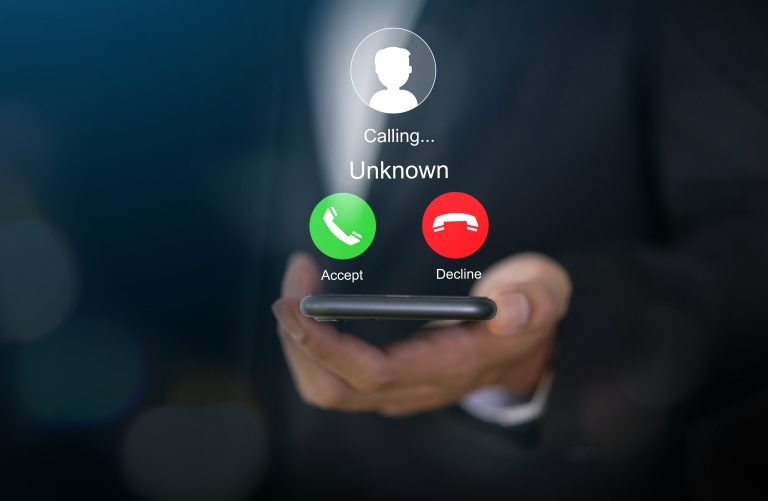London has been revealed as the leading hotspot for nuisance calls in the UK, with the capital’s 020 area code accounting for 20.14% of all reports nationally. This finding comes from an analysis by refurbished tech experts, Back Market, who examined data from 752 area codes across the UK. The data was sourced from who-called.co.uk, a platform where individuals report unsolicited calls.
With 3.58 million reports of nuisance calls originating from London, the 020-area code leads the way in unsolicited contact, far outstripping other regions. However, Manchester, with its 0161-area code, is also heavily impacted, coming second with 611,150 reports, or 3.44% of the national total.
Perhaps the most surprising entry in the list is Blandford Forum, a small Dorset town with a population of just 11,796. Despite its size, the area’s 01258 code was responsible for 508,653 reports—representing 2.86% of the UK’s total. This places Blandford Forum third, ahead of much larger cities.
Liverpool’s 0151 area code follows in fourth with 439,605 reports (2.47%), while Leicester rounds out the top five, with 435,501 reports coming from the 0116-area code (2.45%).
Top Ten Nuisance Call Areas in the UK
London (020) leads the top 10 with 20.14% of reports, followed by Manchester (0161) with 3.44%, and Blandford Forum (01258) with 2.86%. Liverpool (0151) and Leicester (0116) sit in fourth and fifth, while Leeds (0113), Birmingham (0121), Sheffield (0114), Glasgow (0141), and Bristol (0117) complete the top ten list, accounting for 2.1%, 1.98%, 1.79%, 1.43%, and 1.24% of reports respectively.
| 10 UK area codes used most by nuisance callers, by percentage of national reports | |||||
| Rank | Area | Number of lookups | Number of reports | Percentage of all reports nationally | Area Code |
| 1. | London | 183,210,617 | 3,580,172 | 20.14% | 020 |
| 2. | Manchester | 66,412,481 | 611,150 | 3.44% | 0161 |
| 3. | Blandford Forum, Dorset | 1,218,237 | 508,653 | 2.86% | 01258 |
| 4. | Liverpool | 17,387,057 | 439,605 | 2.47% | 0151 |
| 5. | Leicester | 9,161,592 | 435,501 | 2.45% | 0116 |
| 6. | Leeds | 17,447,710 | 373,659 | 2.1% | 0113 |
| 7. | Birmingham | 23,944,561 | 351,554 | 1.98% | 0121 |
| 8. | Sheffield | 10,502,984 | 318,806 | 1.79% | 0114 |
| 9. | Glasgow | 20,548,882 | 254,500 | 1.43% | 0141 |
| 10. | Bristol | 8,143,248 | 220,745 | 1.24% | 0117 |
| UK Overall | 709,179,147 | 17,774,148 | |||
How Scammers Operate
Researchers also delved into the comments left by people reporting nuisance calls to identify the most common types of scams. The data suggests scammers frequently impersonate trusted financial institutions, with banks being the most commonly cited in 50% of all reports analysed. The scams typically involve callers posing as bank representatives, requesting urgent action or money transfers.
Experts stress that while some businesses may call to alert customers of suspicious activity, they will never request money transfers, ask for software downloads, or pressure individuals with time-sensitive demands. Scammers, on the other hand, aim to exploit the victim’s fear and urgency to secure funds swiftly.
How to Block Nuisance Calls
For those looking to protect themselves, mobile users can enable call filtering on both iPhones and Android devices. iPhone users can activate the “Silence Unknown Callers” option, while Android users can turn on “Caller ID and spam protection” via the Phone app.
Additionally, individuals can register their phone numbers with the UK’s Telephone Preference Service (TPS), which legally prevents telemarketers from contacting them. Third-party apps and filtering features on landlines and handsets are also recommended.



